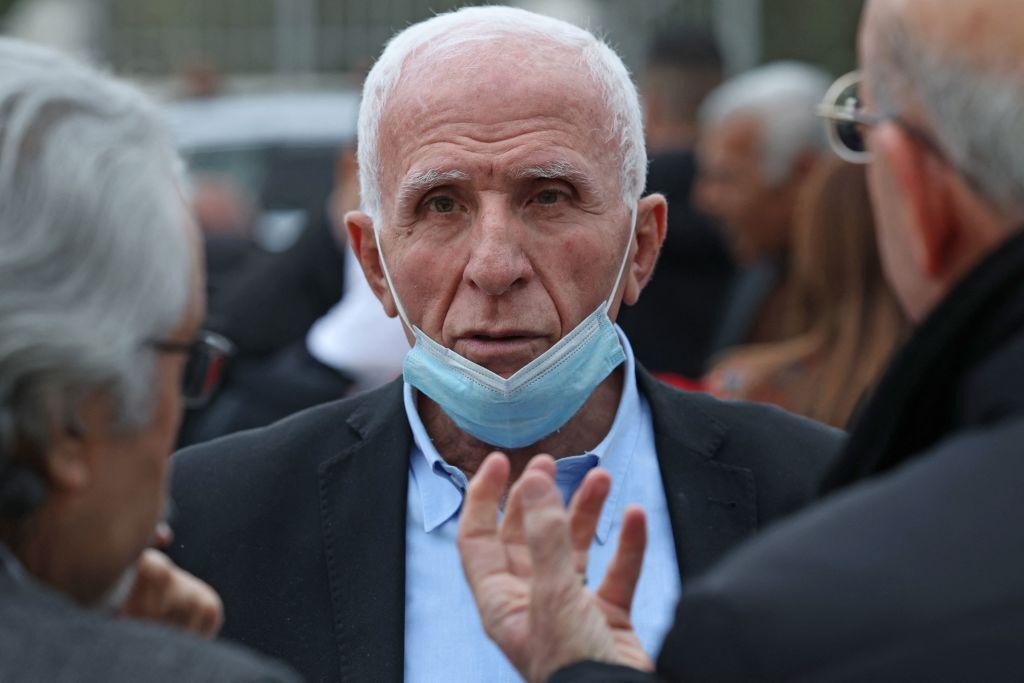
Beijing appears to be strengthening its role of mediator in the Middle East to present itself as a constructive and responsible actor on the global stage.
Following its successful mediation in 2023 between Iran and Saudi Arabia to restore their mutual diplomatic ties, Beijing hosted leaders from rival Palestinian groups Fatah and Hamas for reconciliation talks in April this year.
Although the talks were held behind closed doors, Beijing was successful in bringing key figures to the table in an attempt to unify the Palestinian leadership and reconcile differences.
Chinese foreign ministry spokesman Lin Jian said Beijing had invited representatives of the Palestine National Liberation Movement (Fatah) and the Islamic Resistance Movement (Hamas). The delegations were led by senior officials: Azzam al-Ahmad for Fatah, and Mousa Abu Marzook for Hamas.
Lin also said the agreement between Fatah and Hamas to unify efforts and reconcile politically had opened up opportunities for future dialogue. Another spokesperson expressed Beijing’s support in strengthening the Palestinian National Authority and its aim to foster solidarity through sustained dialogue.
Beijing’s promotion of itself as striving for regional peace was an obvious motivation for hosting the meeting. For example, its action contributed to a message of shrinking US influence. The success with Iran and Saudi Arabia no doubt encouraged China to take the step.
An expert affiliated with the China University of Political Science and Law told us that experts in Chinese political circles strongly believed in the need to strengthen the Palestinian front. Peace talks could not proceed without greater Palestinian unity, he argued. The April meeting could be a stepping stone towards a meeting between Israel and Palestine that Beijing might hold this year, that expert said.
China has been able to seek unity among Palestinian political parties because it has good relations with almost all of them. Its vision is a unified Palestinian State.
A Middle East expert affiliated with the European Union Institute for Security Studies spoke of the serious challenges Beijing might have faced in its efforts at reconciliation between Hamas and Fatah, challenges that could have jeopardised future opportunities of bringing the two parties together. This in turn would have hindered Beijing’s hopes to host a regional dialogue and bring about a Palestinian State.
An expert at the University of California, Berkley, noted to us how Beijing had called for greater restraint as a permanent member of the UN Security Council; it had reinforced that push with some diplomatic engagement. In doing so, Beijing directly opposed Washington’s decision to move forces to defend Israel. These moves by Washington may have spooked China’s regional allies to align with Chinese diplomatic initiatives instead of participating in those led by the United States.
In realising its broader vision for an independent Palestinian State, Beijing has a couple of other cards to play. Its bilateral trade with Israel stands at US$22 billion annually. It’s too early to predict whether Beijing could use this to push Tel Aviv to end the war. As a permanent member of the Security Council, China could also propose resolutions to promote the rights of Palestinians.
Ultimately, however, it is unclear whether Beijing is prepared to apply the time and effort needed in brokering peace in the region.